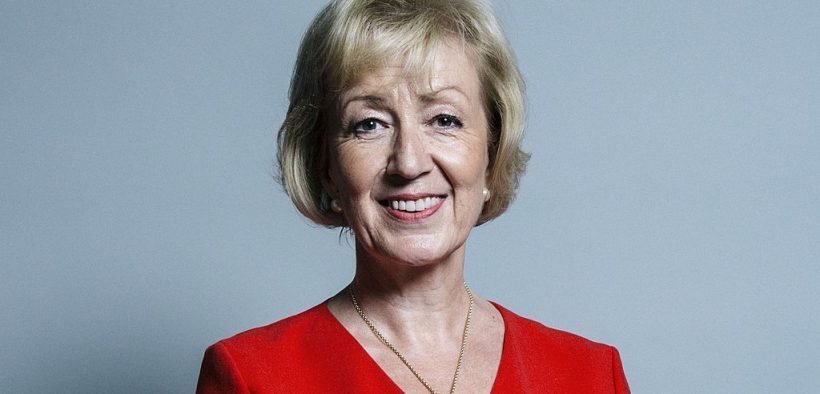UK Brexit Crisis Gets Messier as Leader of House of Commons Resigns

The U.K. Brexit crisis took a new turn as two announcements in two days shook up the U.K. Parliament.
The leader of Britain’s conservative House of Commons and a supporter of Britain’s Brexit referendum of 2016, Andrea Leadsom, resigned on Wednesday from her post in protest of Prime Minister Theresa May’s new Brexit referendum announced on Tuesday.
In her announcement, Leadsom said that though she was resigning with a “heavy heart” and “great regret,” she could not fulfill her duty as Leader of the House to announce a Bill with new elements that she fundamentally opposes.
It is with great regret and a heavy heart that I have decided to resign from the Government. pic.twitter.com/f2SOXkaqmH
— Andrea Leadsom MP (@andrealeadsom) May 22, 2019
“I no longer believe that our approach will deliver on the referendum result,” Leadsom wrote in her resignation letter to May.
The resignation comes as several British lawmakers, who have backed a previous Brexit bid, said that they could not back May’s new plan for a referendum.
On Tuesday, May announced that in exchange for the government’s current proposed Withdrawal Agreement Bill to advance to the next legislative stage, MPs would be required to vote on whether to hold a second referendum.
Leadsom had earlier commented on the new plan by saying, “I have always emphasized on the point that a second referendum would be dangerously divisive and I do not support the government willingly facilitating such a concession.”
After having campaigned for European Parliament elections last Thursday, May is due to hold a meeting with the chairperson of the 1922 powerful committee of Conservative lawmakers, on Friday.
In her resignation letter, Leadsom also wrote to May “No one has wanted to succeed more than I have, but I do now urge you to make the right decisions in the interests of the country, this government and our party.”
On June 23, 2016, the U.K. had a referendum to decide whether the U.K. should leave or remain in the European Union. Leave won by 51.9% to 48.1%. The referendum turnout was 71.8%, with more than 30 million people voting.
The UK is supposed to leave the European Union by October 2019, but if the U.K. and E.U. ratify a withdrawal agreement, the UK could leave before that date.















